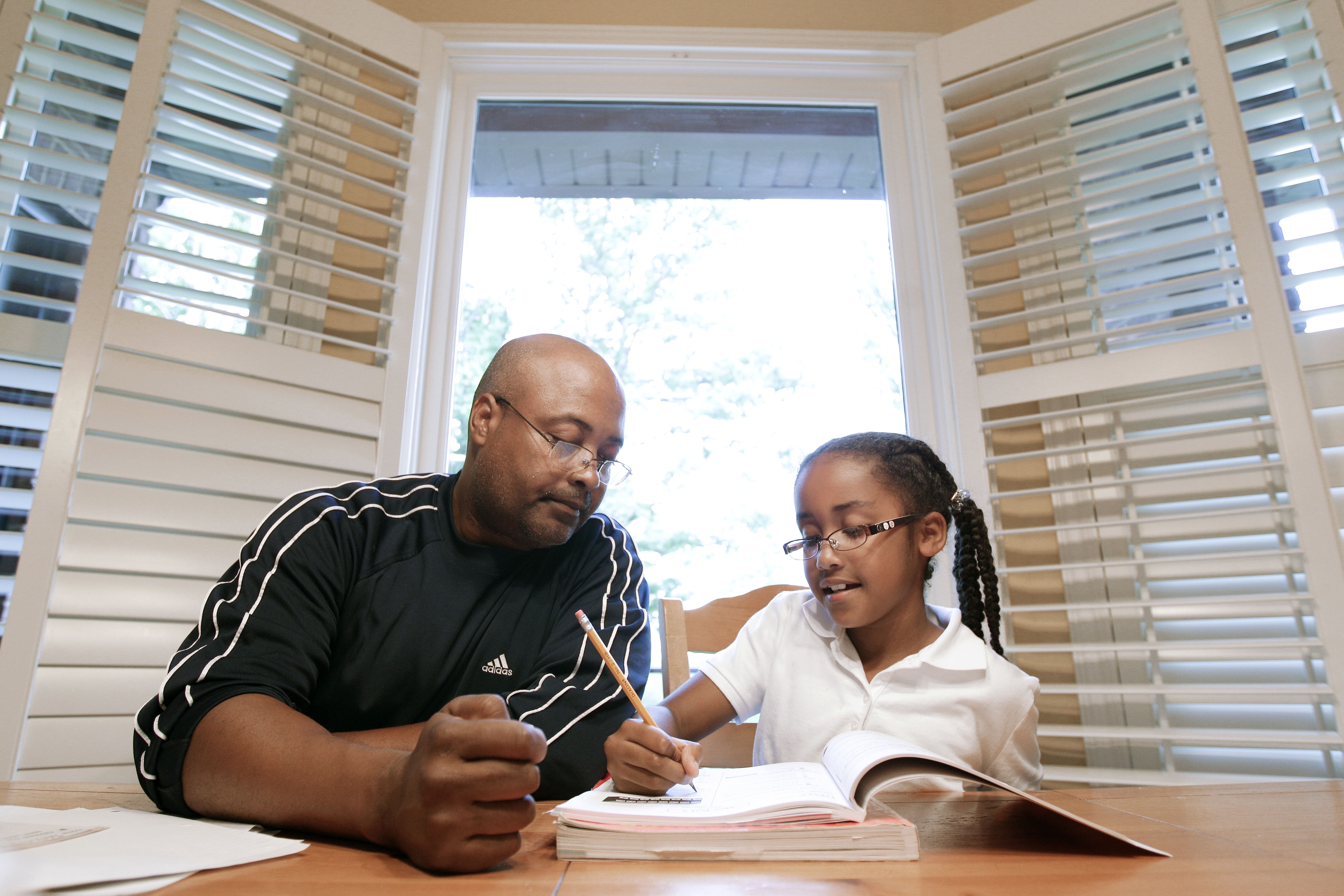WASHINGTON — With the end of the quarter right around the corner, kids are stressed preparing for exams and final assignments, and parents could be making it worse.
Ann Dolin, founder of Educational Connections Tutoring and author of “Homework Made Simple: Tips, Tools and Solutions for Stress-Free Homework,” offers advice on finding the balance between helping too much and not helping enough.
The former public school teacher advises parents to take it slow.
“Instead of trying to tackle everything at once, take an issue at a time,” Dolin says.
Parents have three options when their child is stuck on a problem.
“You can say, ‘Here’s how you do it honey, solve this,’ or you can say, ‘This is your homework not mine, I already went to fifth grade.’” The third option is when you ask, “Is there an example in your book or is there a similar problem in your notes?”
Dolin says the third choice is always the best approach: “It works with just about any problem your child faces.”
Don’t micromanage
Don’t become helicopter parents by trying to micromanage your child’s homework. It won’t help you or your child.
“If you say, ‘This is how you do it,’ your child will inevitably say, ‘Well that’s not how Mrs. Brown told us to do it,’” Dolin says. On the contrary, “If you say, ‘This is your homework not mine,’ your child might feel dejected and could give up without really persevering.”
Instead, Dolin says to encourage your child to seek out examples. This encouragement will foster resilience in the future when he or she gets stuck on homework.
So how much should you be involved?
“When kids are young, first, second, third grade, they’re just going to need more hand-holding because they don’t yet have the fortitude to start and finish homework without some adult guidance,” Dolin says. “But by fourth grade or so, a good rule of thumb is to help your child get started, and then to walk away and let him or her know that you’ll be in the other room if help is needed.”
Set boundaries
Although you want your child to be independent with their homework, you also don’t want them to be distracted. Setting appropriate boundaries will help accomplish this.
Dolin uses the term “Super Bowl kids” to describe children who toil with an assignment for hours when it should take less than an hour. She attributes this extra time to technological distractions.
“You always know when you walk by your child and all of a sudden, whoop, the screen is minimized very quickly into the corner,” she says.
One way to prevent distractions is to place the computer in a public place, that way you can monitor what your child is doing.
Dolin also suggests using a timer and setting it for 10-20 minutes at a time.
“They [kids] often do far better in short bursts of time than long, drawn out periods of time,” she says. “Setting a start time in terms of when homework should actually start — which is usually before dinner — is always a very positive first step.”
Focus on the process
Similar to how life is a journey, not a destination, Dolin says it’s important to focus on the process over the product.
“So often, we want A’s, we want B’s and we’re focusing more on grades, and you really need to take a step back and think, ‘Okay, what does my child need to get there?’”







